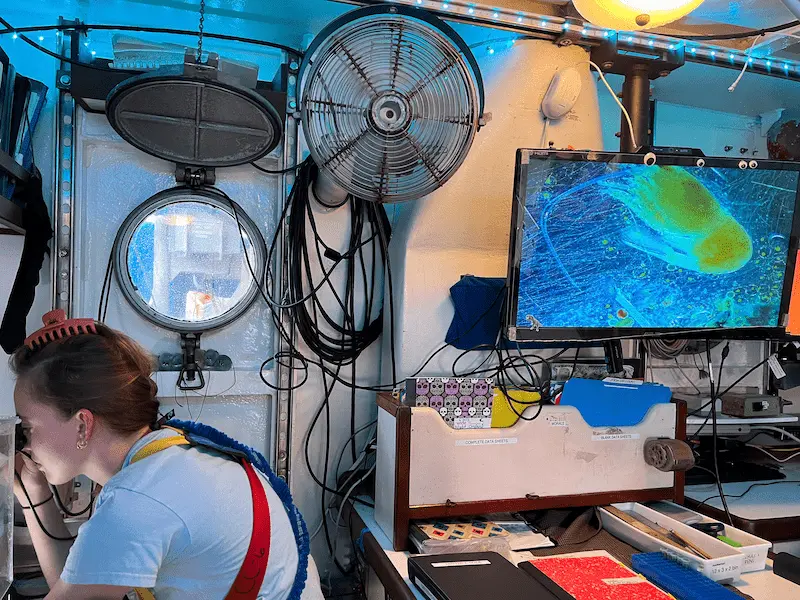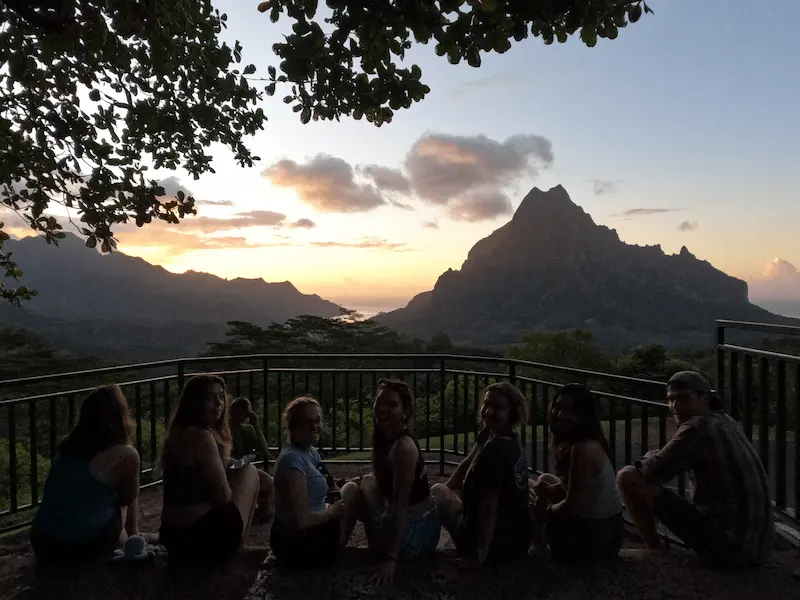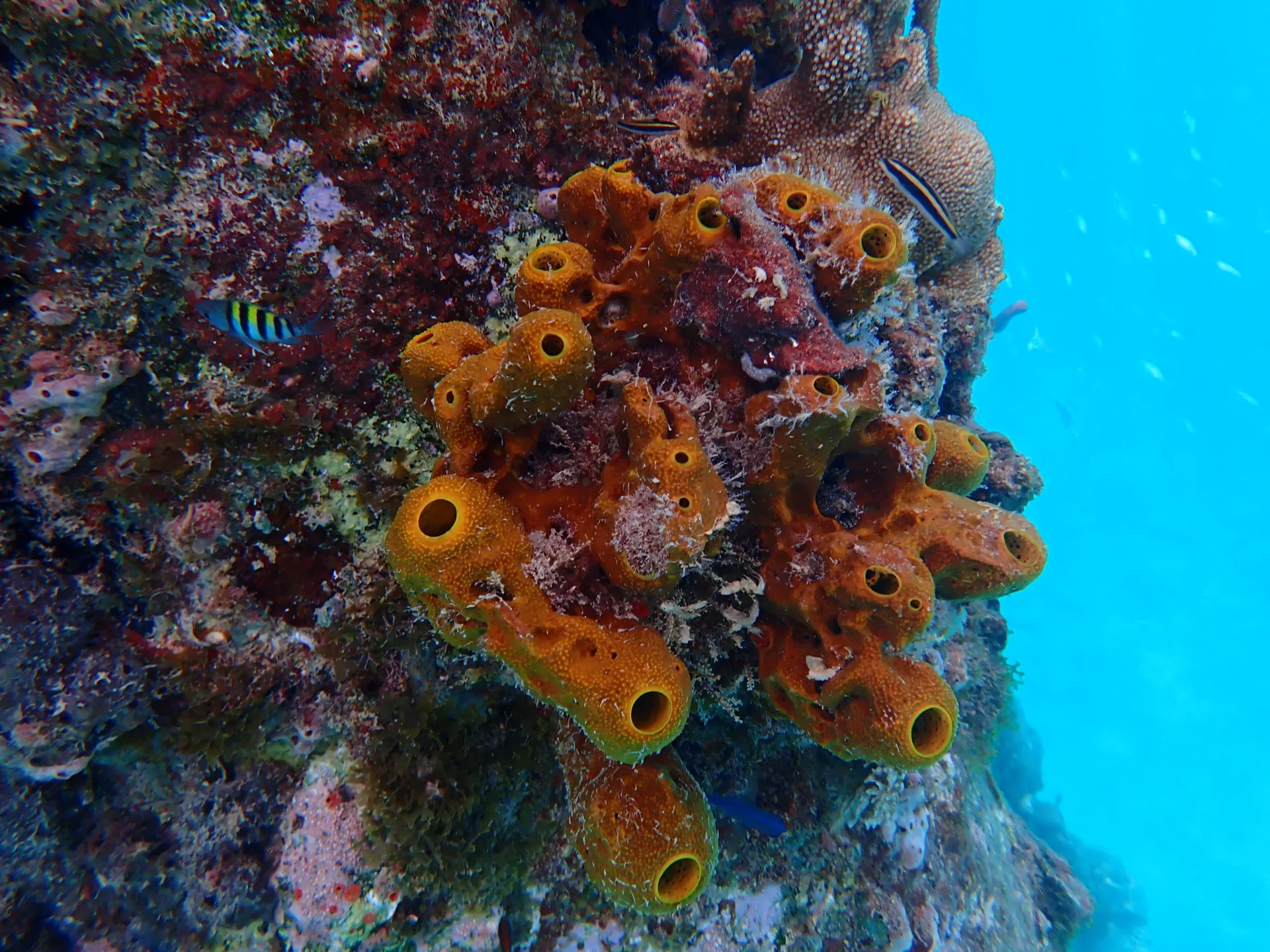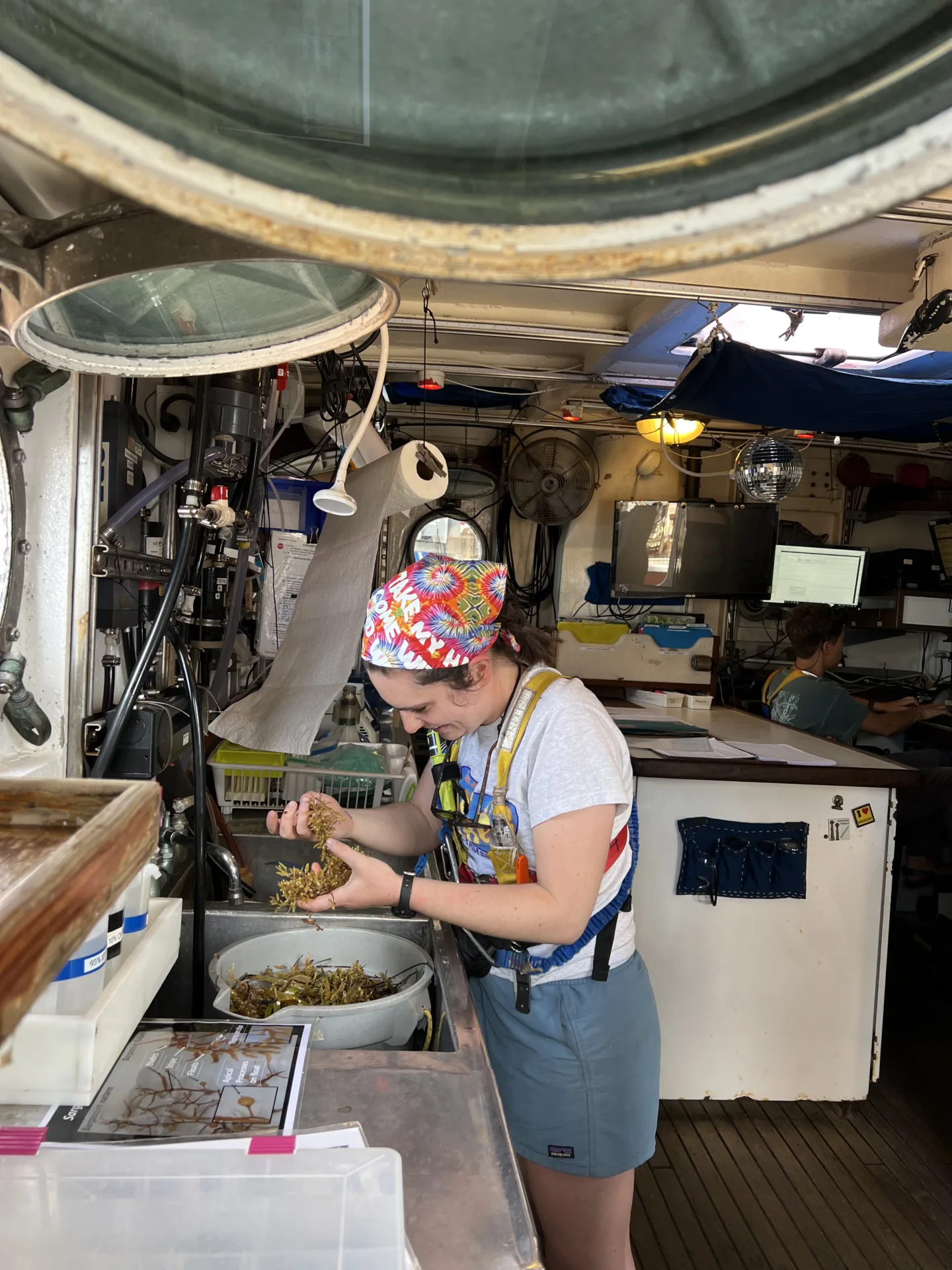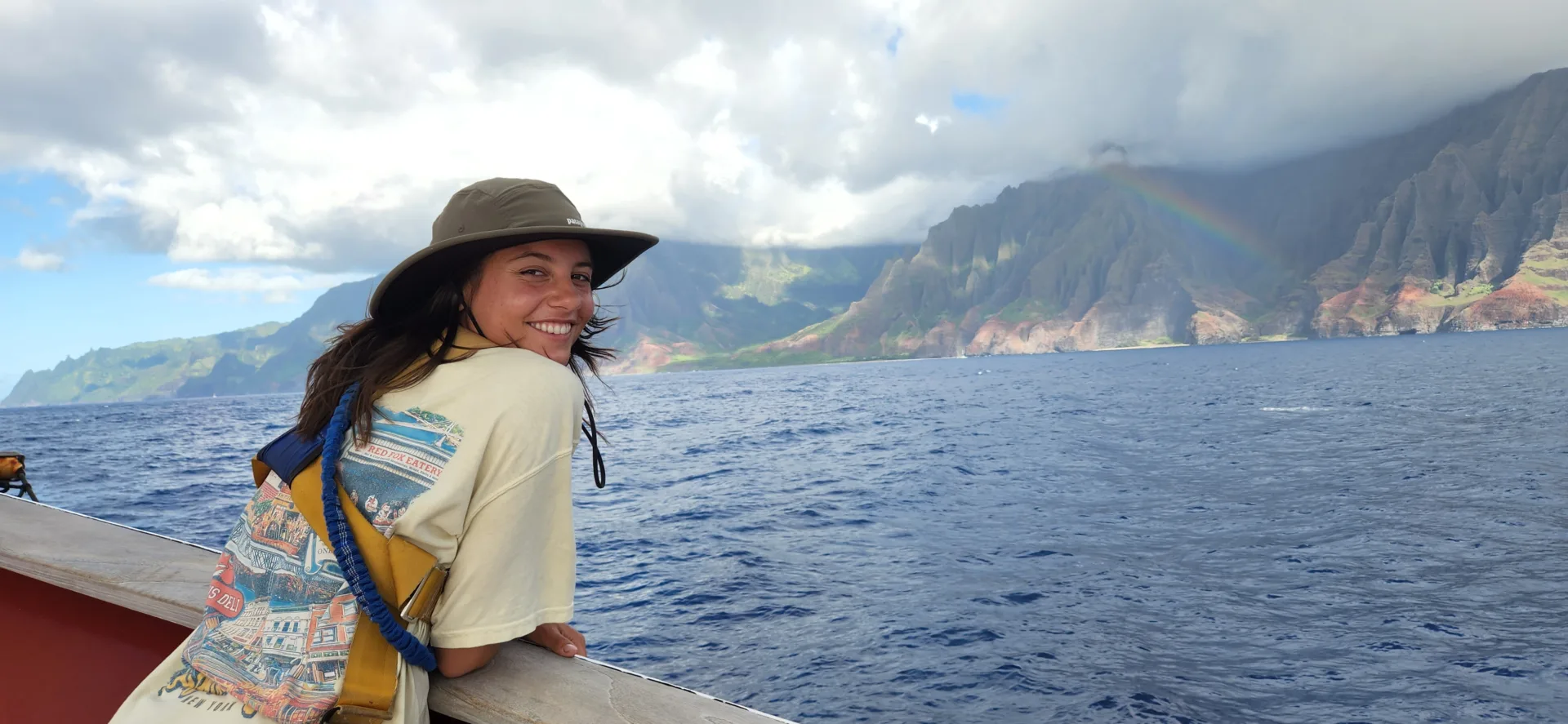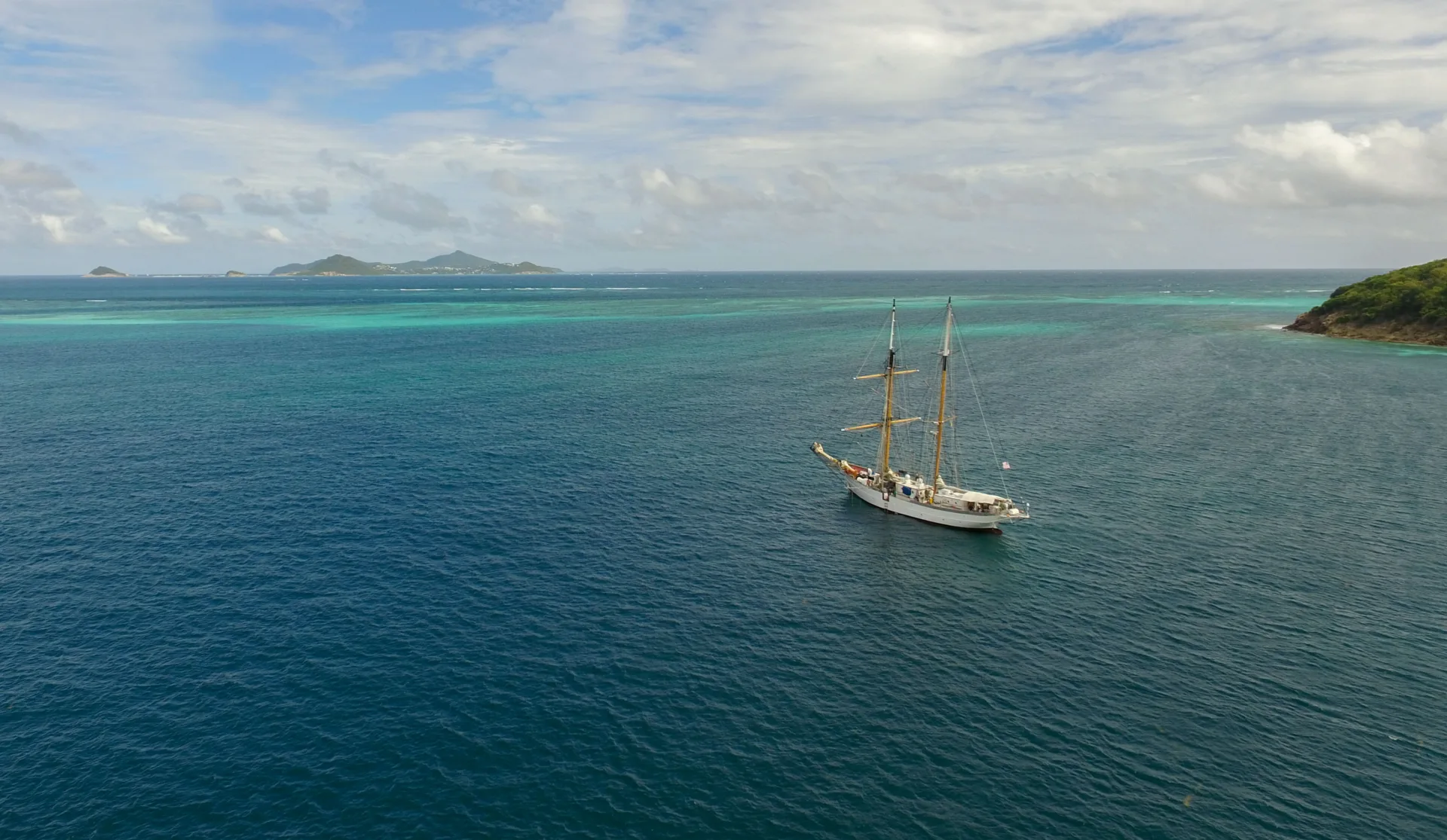Climate Change & Coastal Resilience: Aotearoa New Zealand - Spring 2025
Increasingly, residents of vulnerable coastal communities are on the front lines in the struggle against rising seas and strengthening storm cycles. That struggle also raises complex issues of climate justice and public health, everywhere from large urban areas to small rural towns and villages.
Climate Change and Coastal Resilience, a mid-level undergraduate program examines the ways climate change is affecting coastal communities and explores strategies for building coastal resilience.
Beginning with a shore program in Woods Hole, students gain a theoretical understanding of climate change impacts on societies, ecosystems, and economies. The academic curriculum includes lectures from leading climate scientists and policy experts and field trips to local research institutions in surrounding area. Students engage in discussions on topics such as rising sea levels, increased storm intensity, and ocean acidification.
Following the shore program, students embark on a sailing voyage from Auckland to Christchurch, visiting several coastal towns and cities along the way. During their time at sea, students gain hands-on research experience through the deployment of oceanographic research equipment. At port stops, students will connect with local experts and community members to better understand the ways in which climate change is impacting the region.
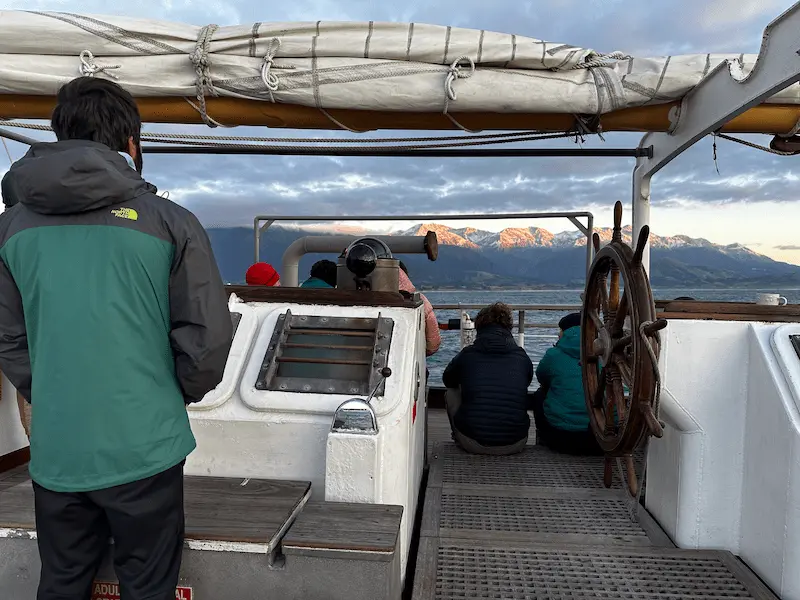
Learning Objectives
Locations
Auckland to Christchurch, Aotearoa New Zealand
Port Stops
Auckland
Wellington
Kaikoura
Dunedin
Lyttleton/Christchurch
Mostly Brooke Levan, kinda Cam Ragland.
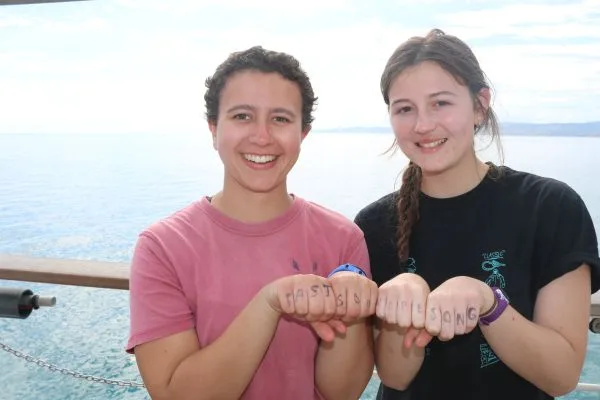
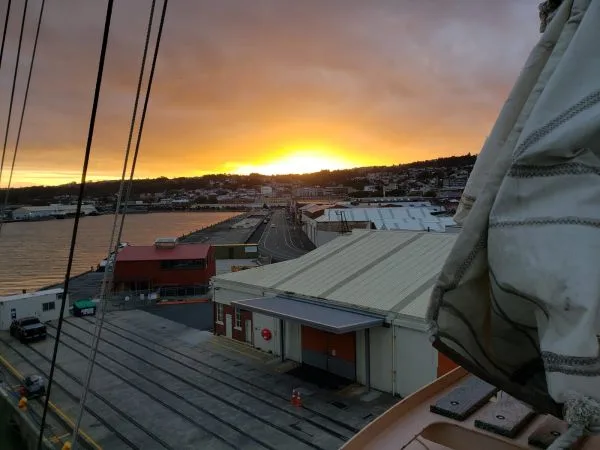
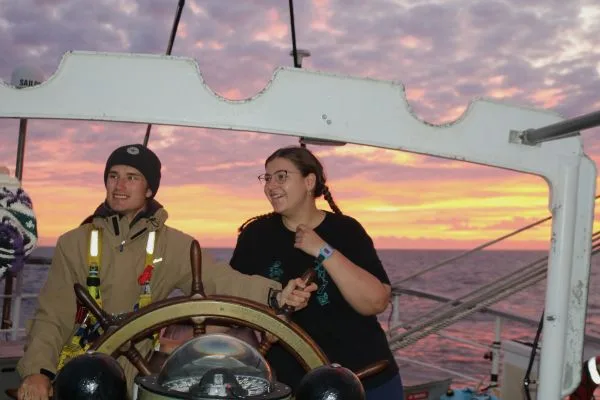
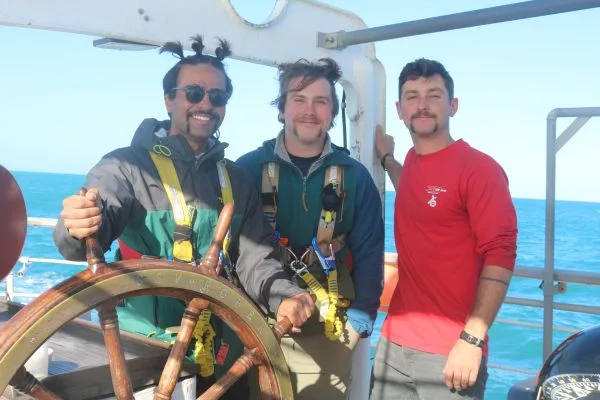
Academic Credit
Course Descriptions & Syllabi
This program carries 17 semester hour credits from Boston University for successful completion of the program.
The Ocean and Global Change200 level, 4 credits, CAS NS 326
Ocean ecosystem change in the anthropocene: warming, acidification, fisheries depletion, and pollution. Review principles of circulation, seawater chemistry, nutrient dynamics, and biological production to understand causes and consequences of change. Conduct field measurements for contribution to time-series datasets.
Environmental Communication300 level, 3 credits, CAS NS 332
Seminar focusing on communication skills development for environmental scholars. Introduces the field of environmental communication, examines environmental attitudes and behaviors, and develops a toolkit of communications strategies. Includes projects in data visualization, multi-media presentation and digital storytelling.
Ocean Science and Public Policy300 level, 3 credits, CAS NS 320
Culture, history, political systems and science can shape ocean policy. Practice current strategies to build, analyze, and communicate about diverse policy issues. Examine the power, use and limitations of science and the scientist’s voice in determining ocean policy.
Leadership in a Dynamic Environment300 level, 3 credits, CAS NS 329
Be an effective leader while leveraging the individual strengths of a team. Use leadership theory and case studies to understand how decisions affect outcomes. Participate as an active member of a ship’s crew, progressively assuming full leadership roles.
Choice of:
Directed Oceanographic Research300 level, 4 credits
Two lab science courses (one at the 200-level or higher) or consent of instructor.
Design and conduct original oceanographic research. Collect data and analyze samples. Compile results in peer-reviewed manuscript format and share during oral or poster presentation session. Emphasis on development of research skills and written/oral communication abilities.
Practical Oceanographic Research200 level, 4 credits
Introduction to oceanographic research. Design a collaborative, hypothesis-driven project following the scientific process. Collect original data. Conduct analysis and interpretation, then prepare a written report and oral presentation.
